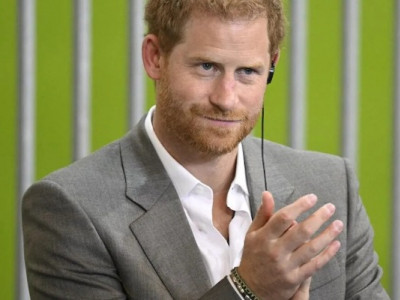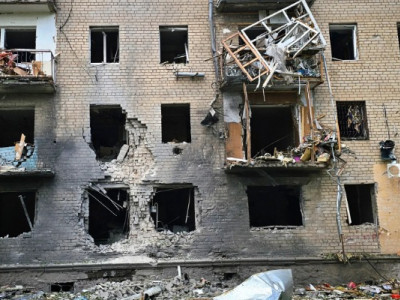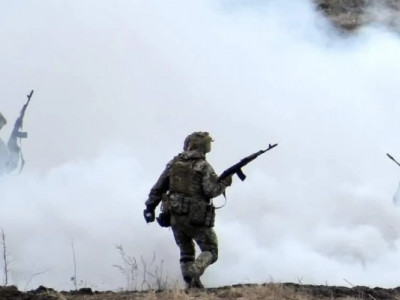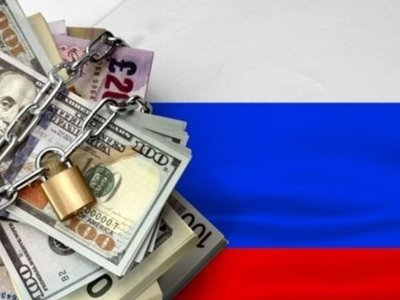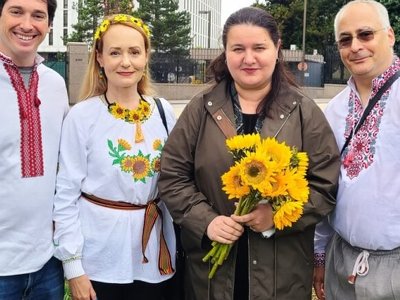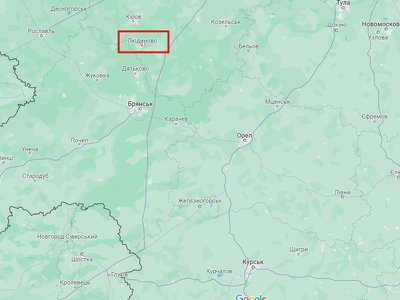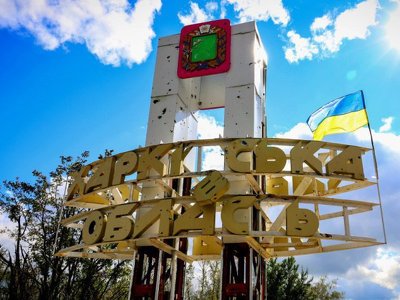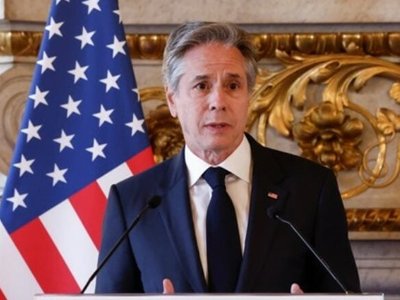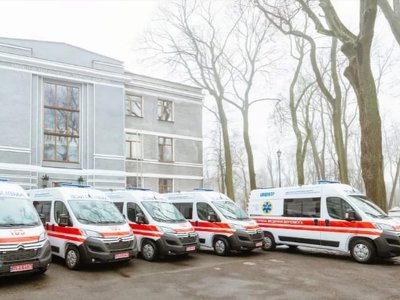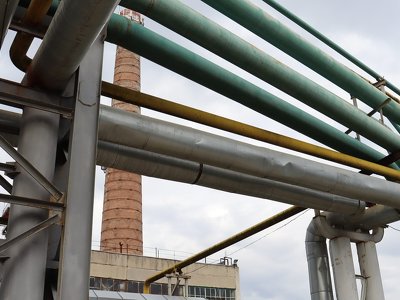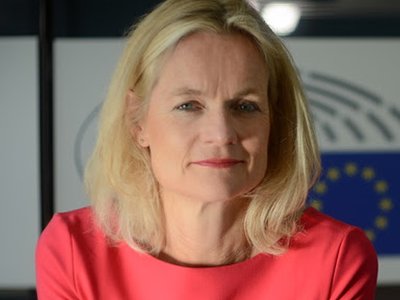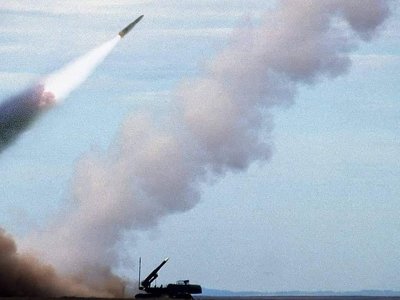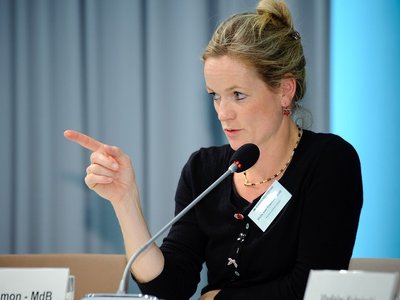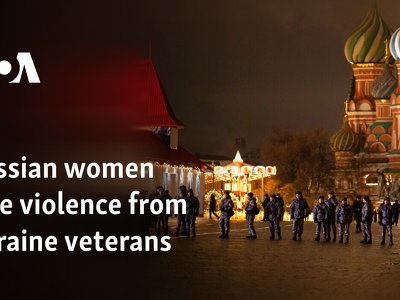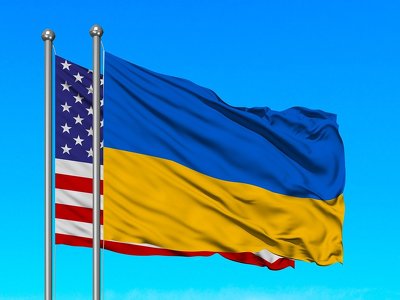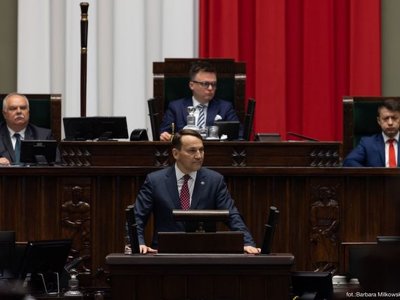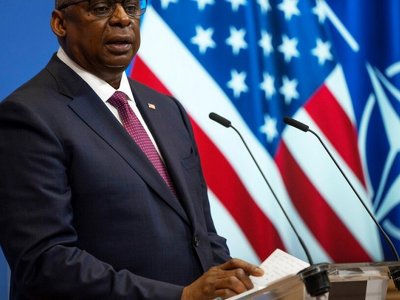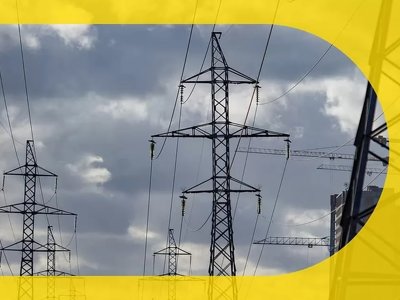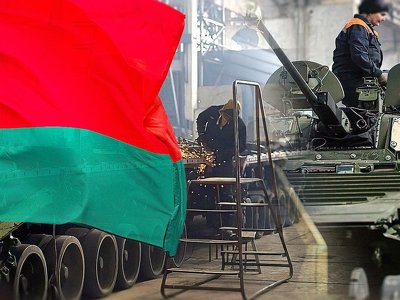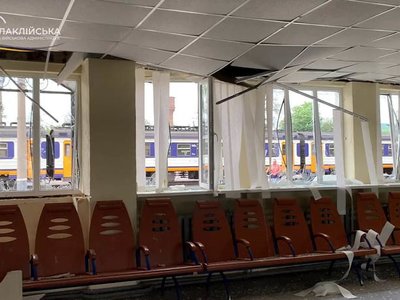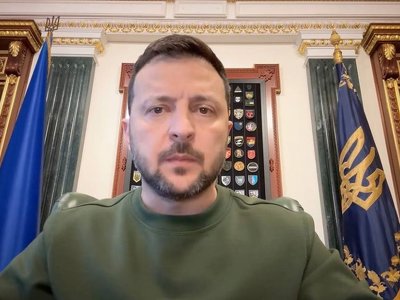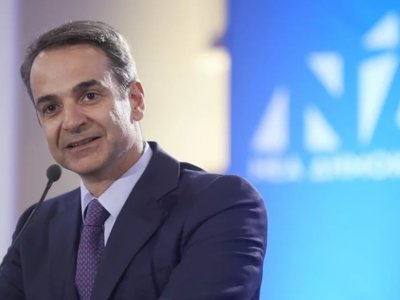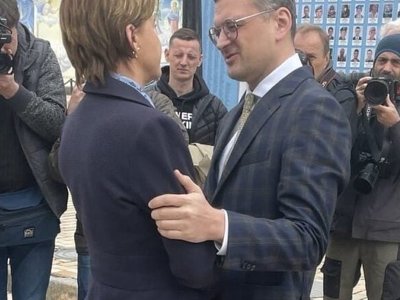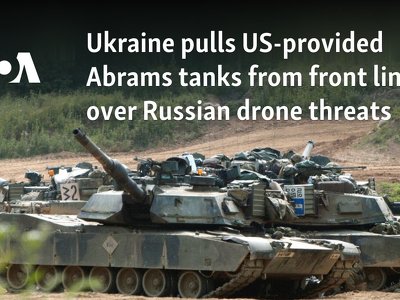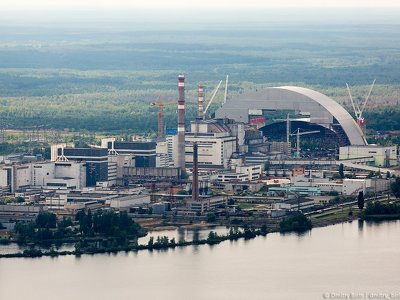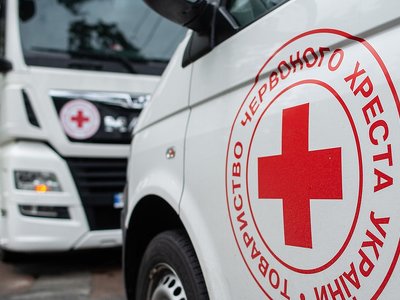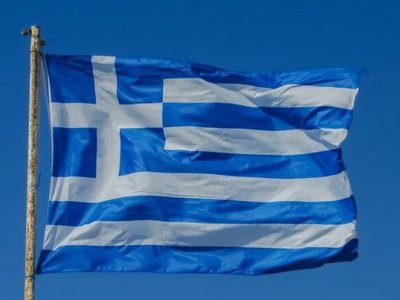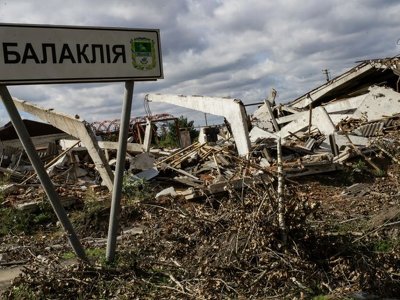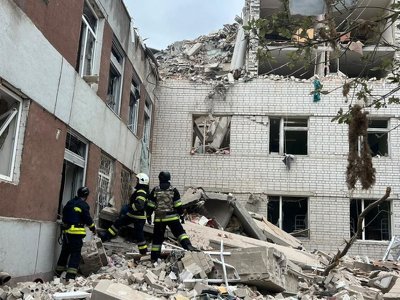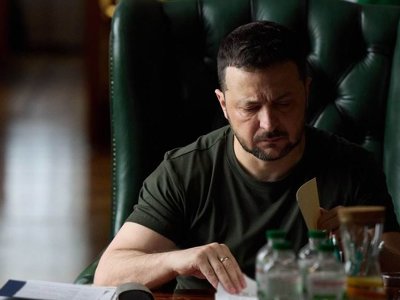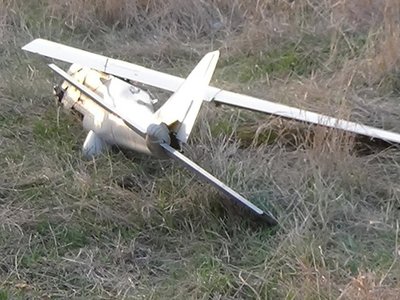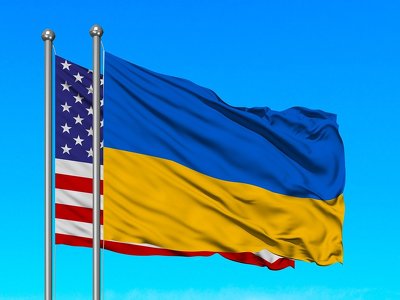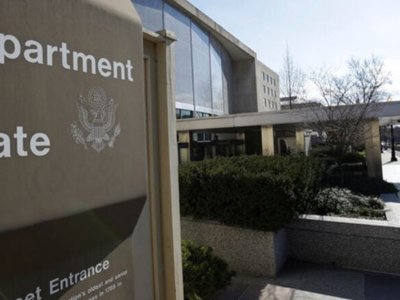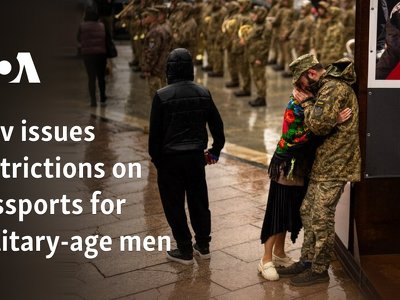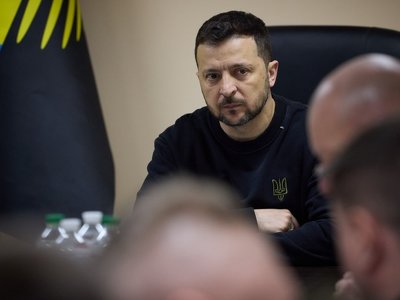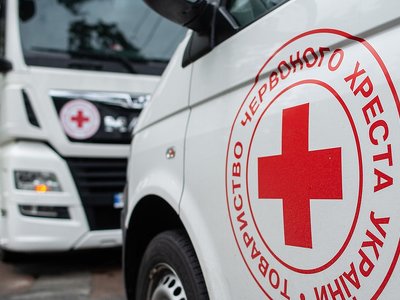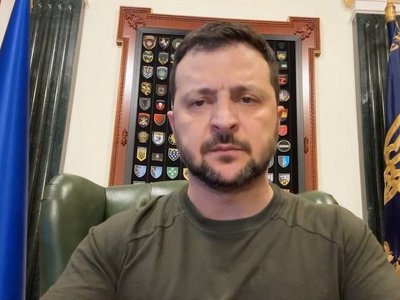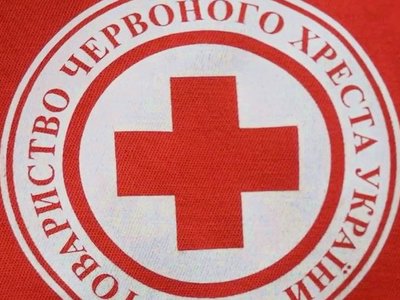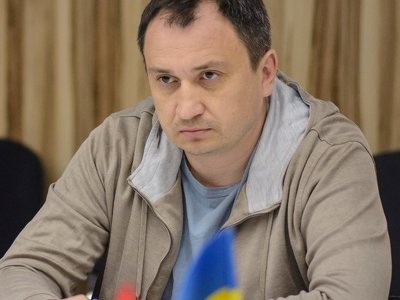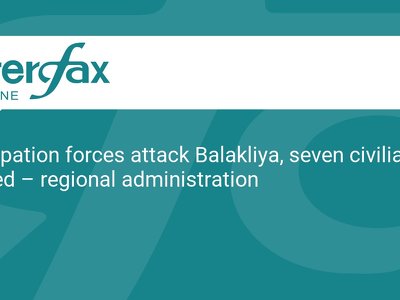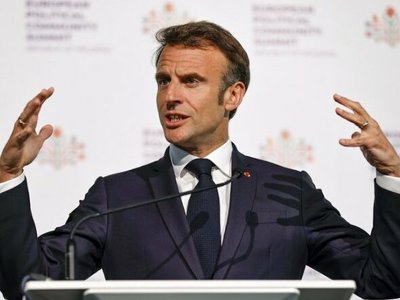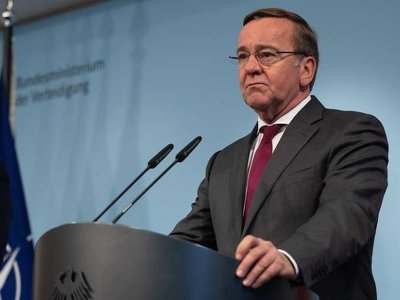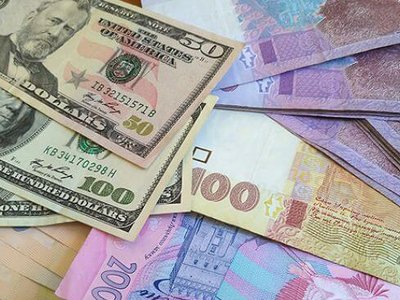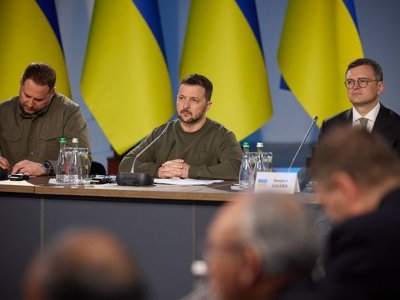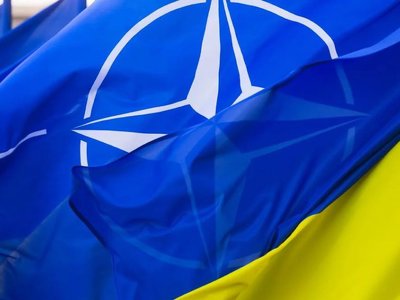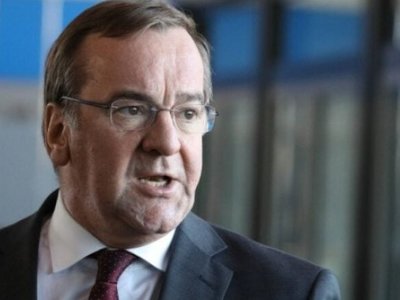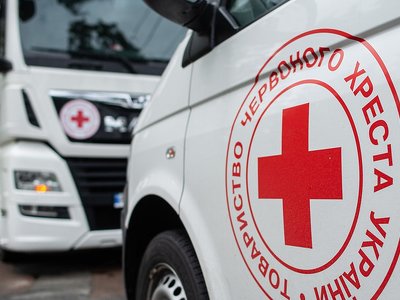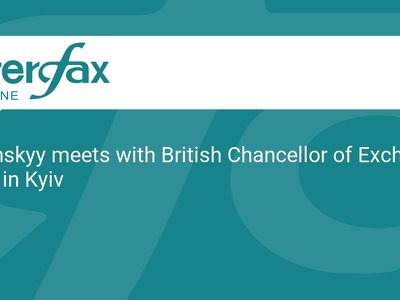Why Slovenia raised the question of quitting NATO and what consequences it might have

All of a sudden, Slovenia might soon become NATO’s "weakest link."
In this small post-Yugoslav country, a referendum is to be held on whether to increase defence spending to the level set at the NATO summit in The Hague. It is highl likely another referendum will follow – one on leaving the Alliance.
Read more in the article by Yurii Panchenko, European Pravda's editor: Blackmailing with NATO exit: why Slovenia’s membership in the Alliance is being questioned.
Slovenia is a country that does not feel threatened by Russia. Nor does it feel threatened by its former metropolis – Serbia.
As a result, Slovenia only joined NATO in 2004, just before joining the EU. More importantly, it has never been a "top performer" in meeting the target of spending 2% of its GDP on defence.
Naturally, NATO’s declared plans to increase defence spending posed a challenge for Slovenia. Especially now, as it is governed by a center-left coalition in which two parties, the Social Democrats and Levica (The Left), are highly critical of increasing military expenditures. Levica, moreover, opposes NATO membership altogether and had long insisted during coalition talks on holding a mandatory nationwide referendum on the matter.
Nevertheless, Slovenian Prime Minister Robert Golob negotiated a gradual plan to increase defence spending by 0.2 percentage points annually, reaching 3% of GDP by 2030.
Most importantly, he managed to get this plan approved by the government, overcoming resistance from his coalition allies.
But then something unexpected happened.
On 4 July, the Slovenian parliament adopted a resolution, submitted by Levica MPs, to hold a national consultative referendum on increasing defence spending.
The referendum question is worded in a way that almost guarantees a "No" vote:
Do you support increasing Slovenia’s defence spending so that by 2030 it reaches 3% of GDP annually, which currently amounts to approximately 2.1 billion euros?"
The Prime Minister responded by saying his party would soon initiate a separate referendum – this time on Slovenia’s NATO membership.
Robert Golob explained that there are only two options:Either we stay in NATO and pay our membership dues, or we leave the Alliance."
"Everything else is populist deception of Slovenian citizens," he said.
*What is Prime Minister Golob’s strategy?
To frame the question in such a way that voters must choose between increasing spending and leaving NATO.
Although last year’s poll showed that a majority of Slovenians support NATO membership, the picture could change drastically if the cost of mandatory defence spending increases. For Slovenia, it would mean allocating about 20% of the national budget to defence.
There is, however, a way out – negotiating with the opposition to withdraw the decision on the first referendum. That would, in turn, prevent the second one from being proposed.
According to Slovenian media, this is the solution currently being discussed by politicians. And this path is clearly the best one both for Slovenia and for NATO.
Because if no agreement is reached, the referendums in Slovenia could become a true gift to NATO’s opponents, primarily to Russia, which will try to exploit the situation to deepen divisions within the Alliance.
- Last
- Top
- February, 05
-
-
-
-
- April, 28
-
-
-
-
-
-
- April, 27
-
-
-
-
-
-
-
-
-
News by day
11 of July 2025
